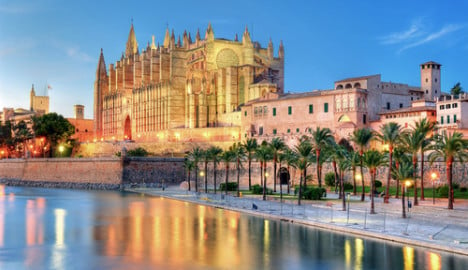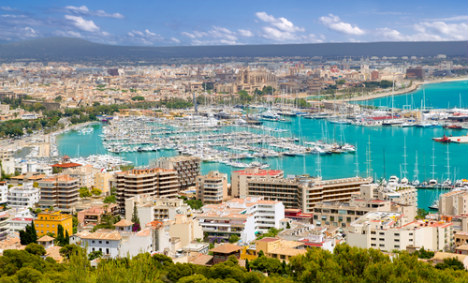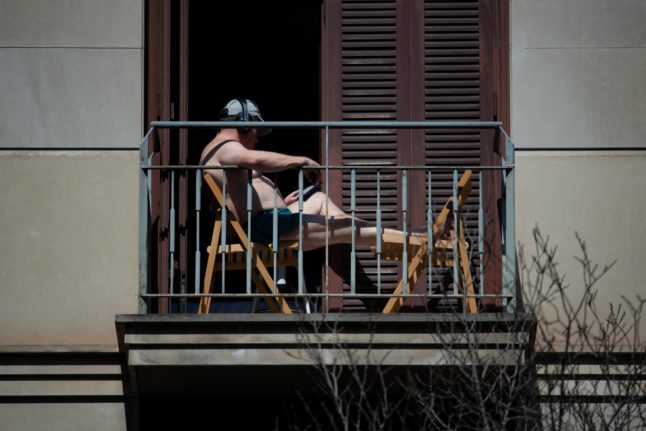Long a favourite of the Spain’s royal family who decamp to the Marivent palace there each summer the last decades have seen it transform from faded fishing harbour to hip urban destination with a bustling marina and some of the best dining in the Balearics.
An easily walkable city just a short drive from beautiful Mediterranean beaches, Palma de Mallorca is just a short hop away on a budget airline from most northern European destinations.
It is increasingly becoming a favourite as a "commuter destination".
A panel of judges for the Sunday Times supplement choose it as their overall favourite out of fifty worldwide destinations. It was described as "a pocket-sized ciy that has it all, on a beautiful island".
If you thought Majorca was all about Magaluf and Arenal then think again.
When it comes to property, expect to pay extra for a Palma property with an added mark-up for a sea view.
"Properties in the Palma area are around one-third above the island average of €3,856.00/m²," said a recent report from the STI Center for Real Estate Studies, which has examined and analysed the local real estate market on behalf of the real estate broker Porta Mallorquina.
Here are a few of the best properties on the market right now in Palma de Mallorca.




 Please whitelist us to continue reading.
Please whitelist us to continue reading.
Member comments